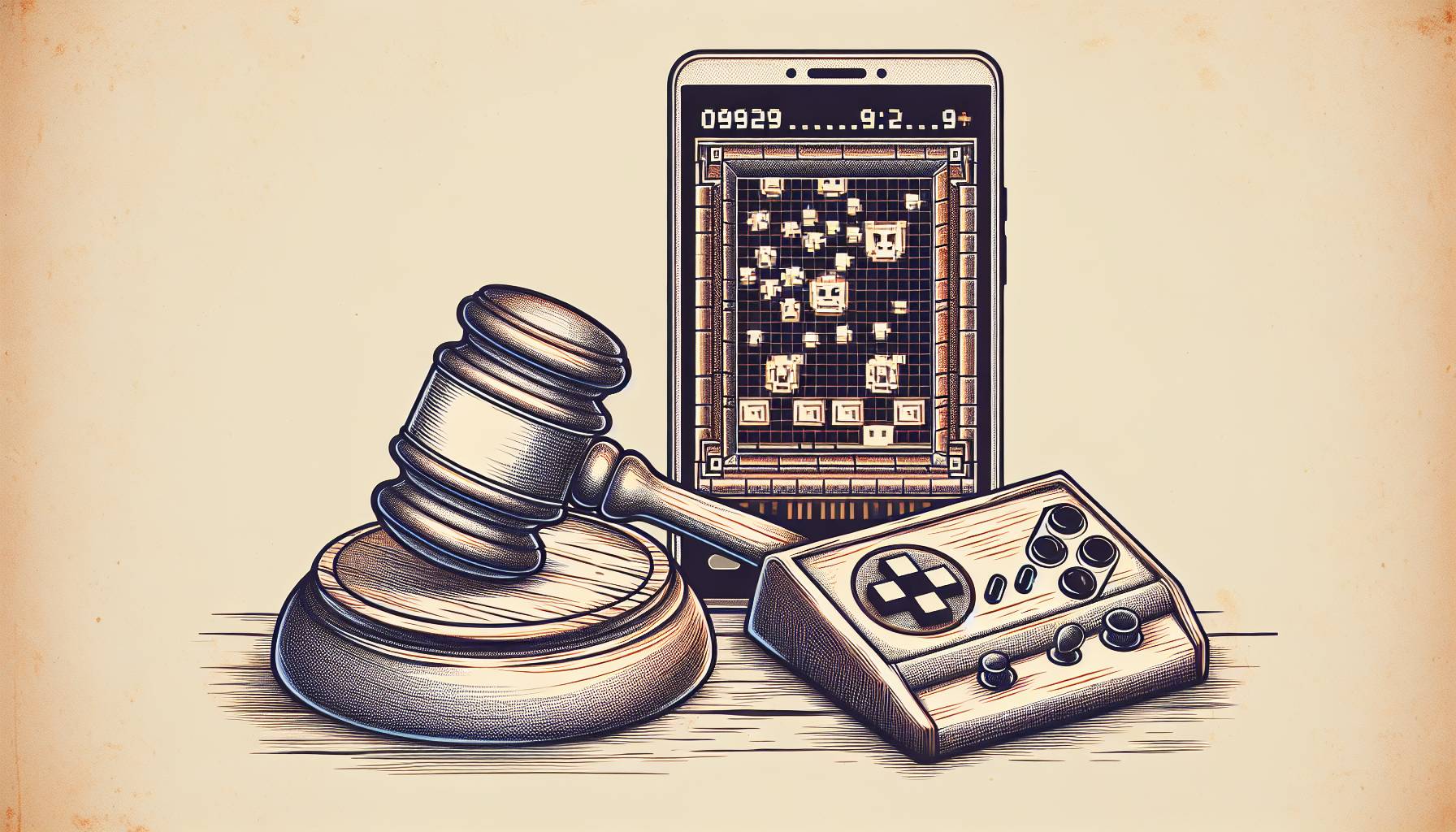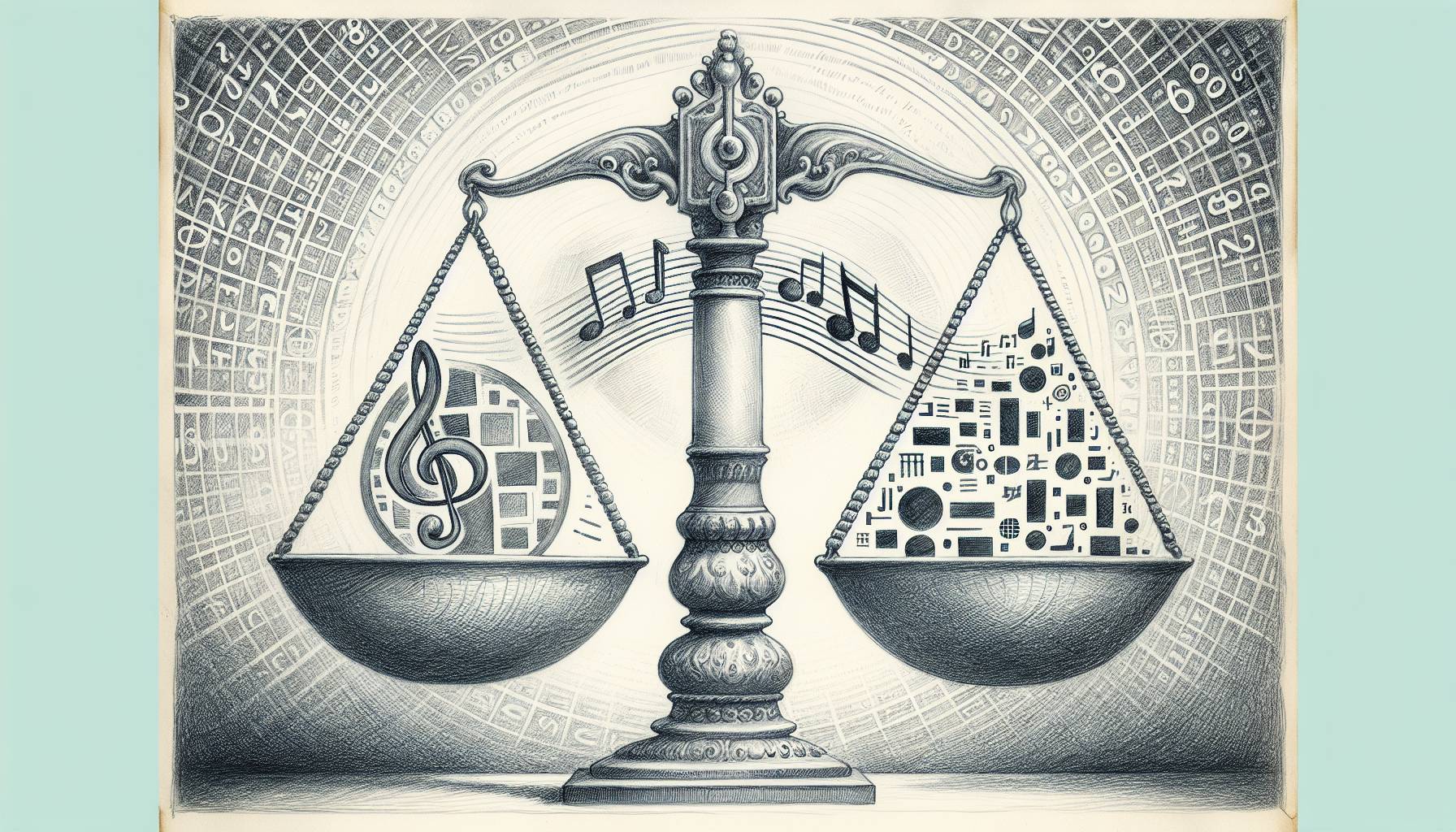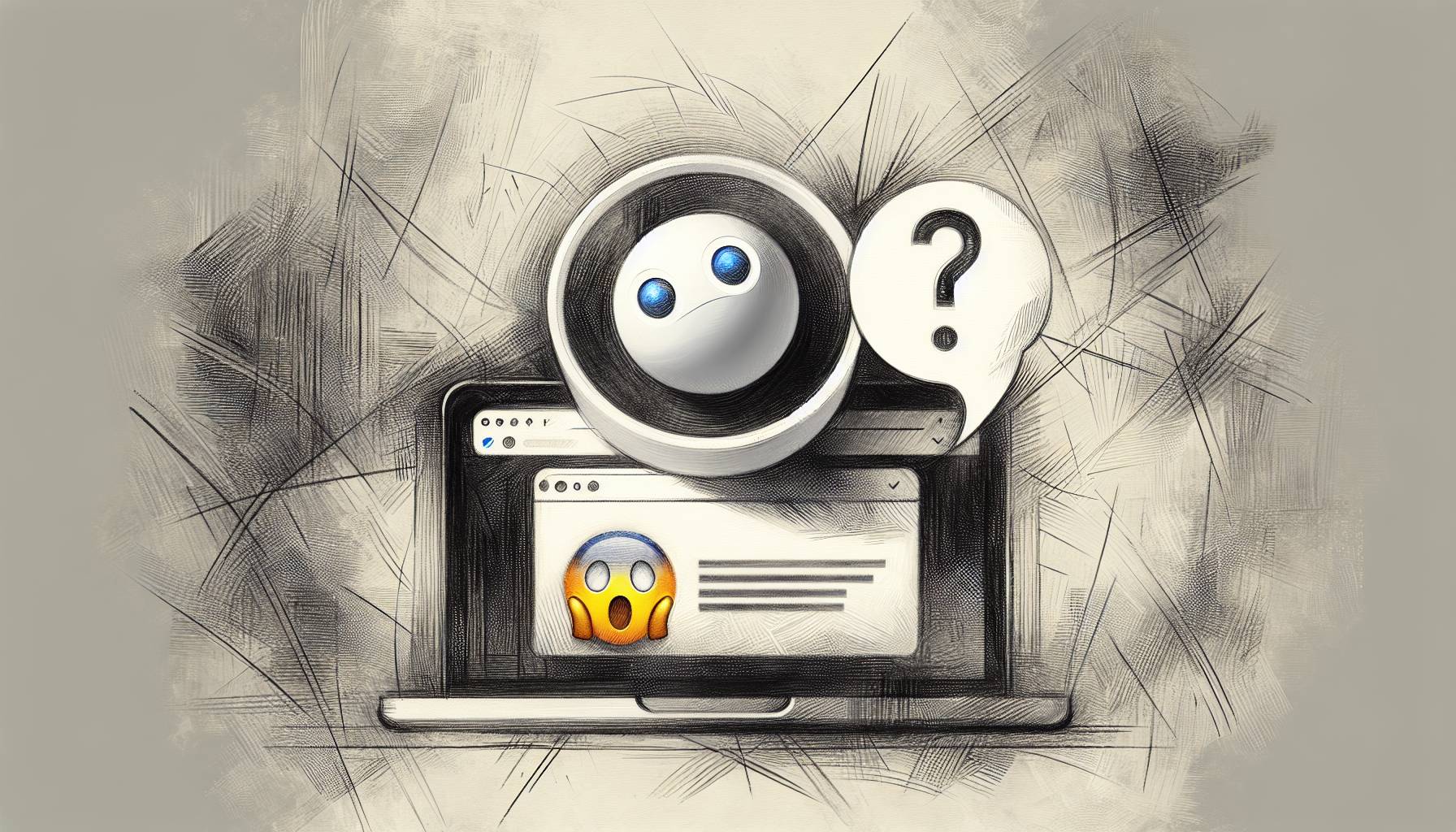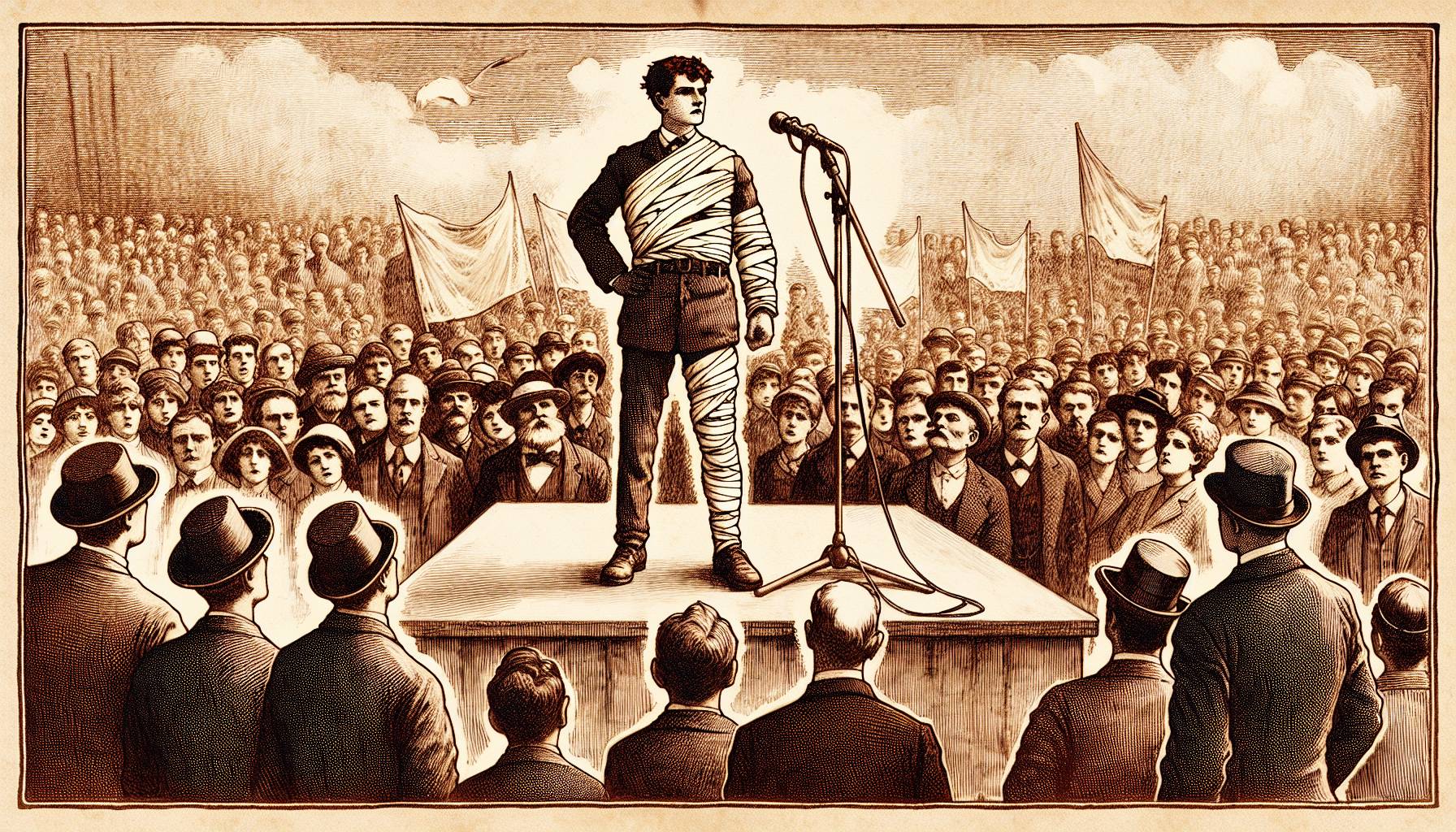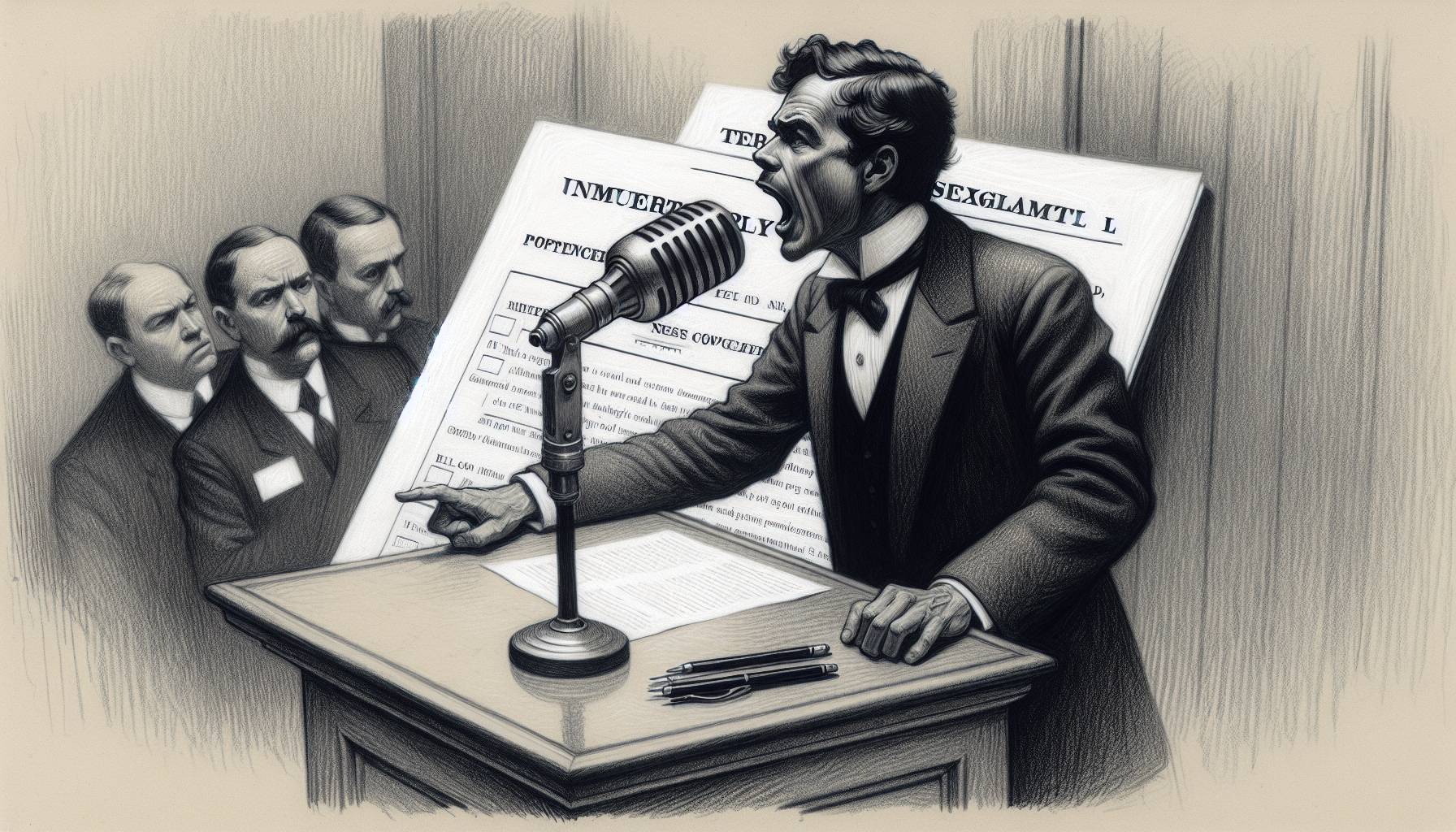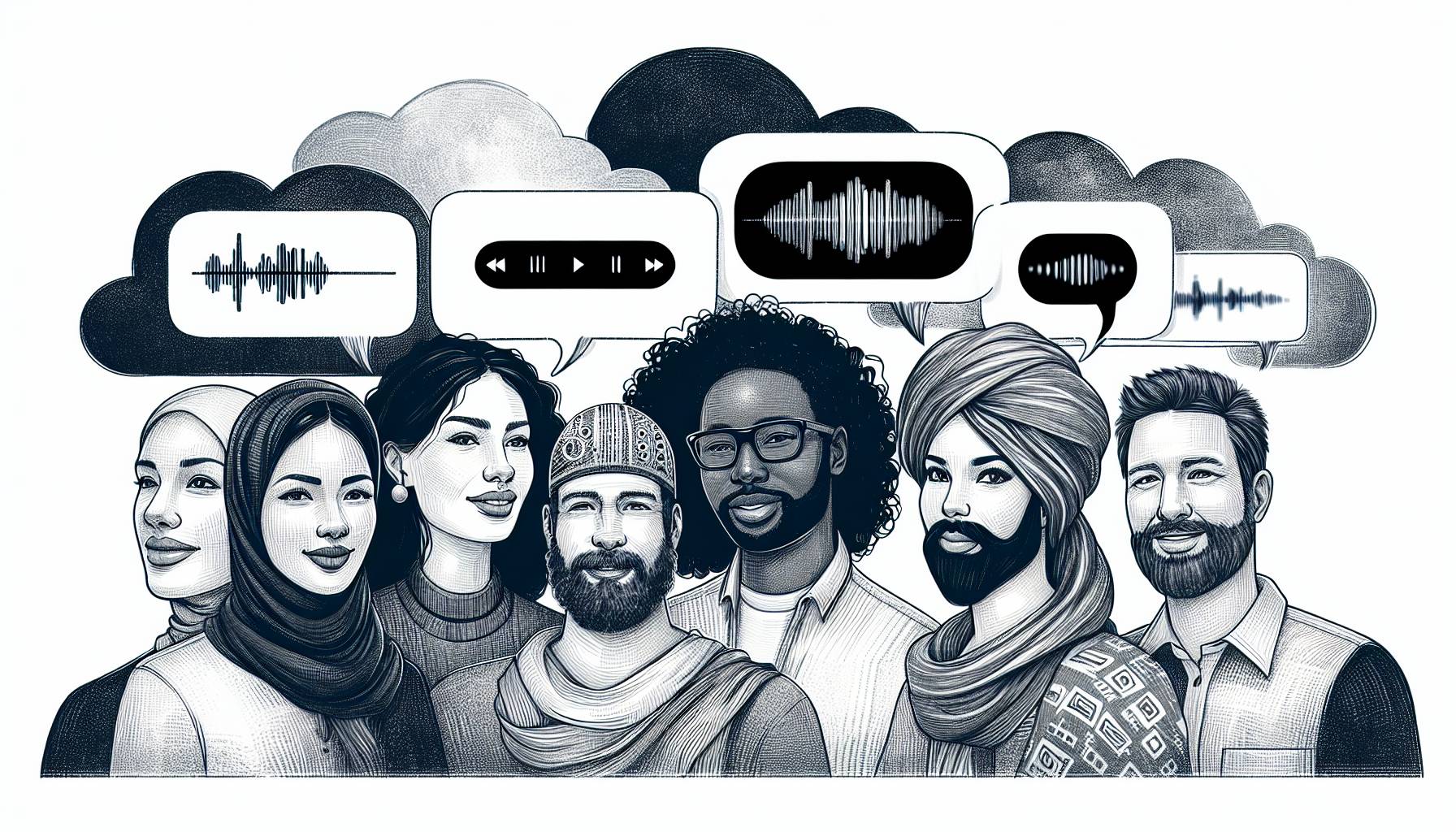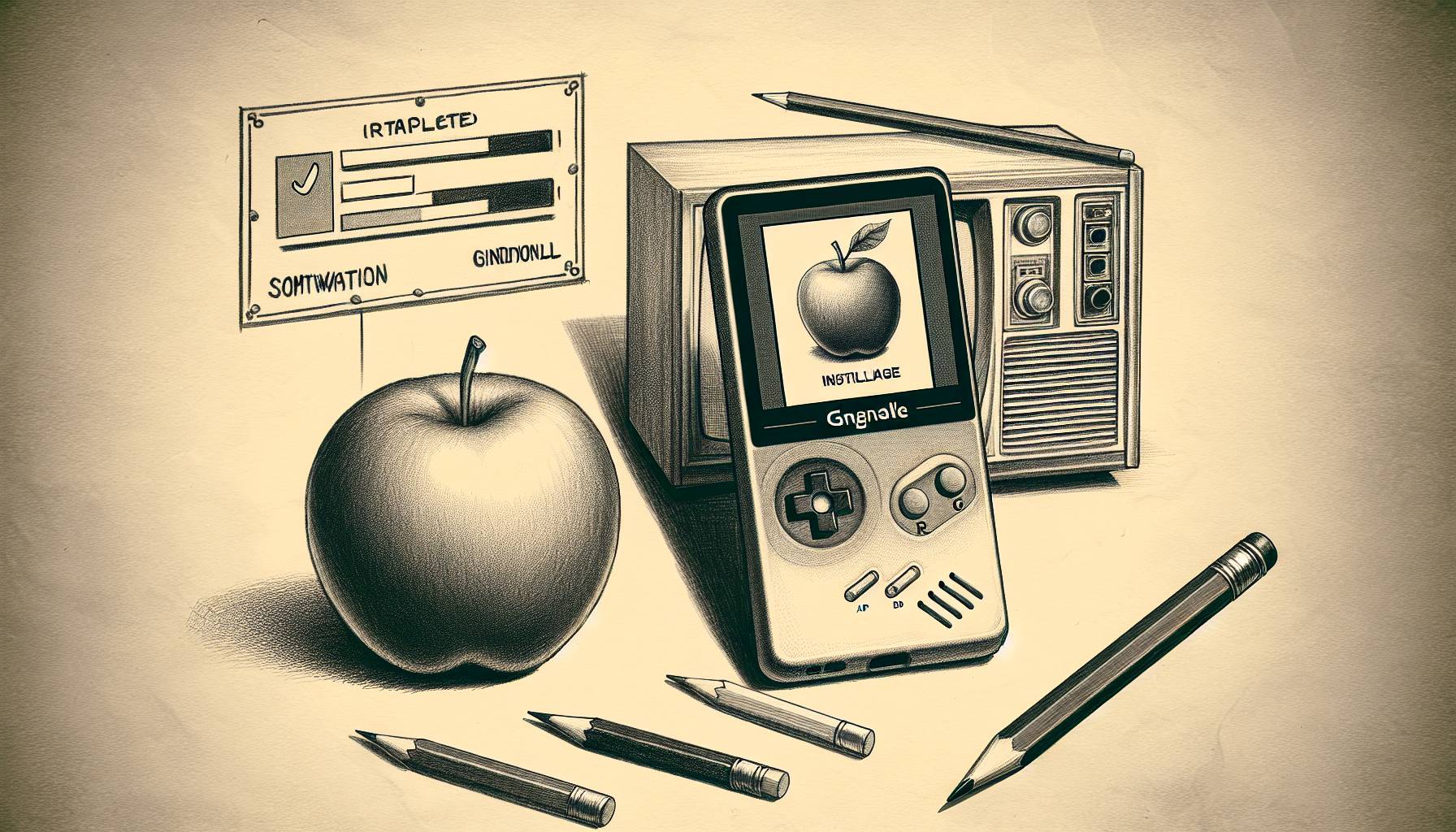Location: Seattle, WA
Notable apps: The Moron Test
Platforms: iOS, Android
Specialty genres: Mobile Games
Company size: 4
Short description of company: DistinctDev, Inc. is an energetic mobile games company specializing in viral entertainment software development. Founded by Steven Malagon and Mike Monaco in 2004, DistinctDev was joined by Berkeley Malagon in 2008. As the industry leading developer of The Moron Test, DistinctDev creates iPhone, and Android apps, as well as games for various other mobile platforms. Staying aggressively in tune with their users and the evolution of the mobile software market, they espouse highly active feature iteration and seek platform agnosticism for their products. For more information about DistinctDev, please visit www.distinctdev.com or friend and follow them on Facebook and Twitter: @distinctdev, @Themorontest, facebook.com/themorontest
How did you and your firm get into the iPhone/mobile app development business?
In 2008 we heard about Apple opening up the platform to third-party developers and we decided we needed to get in early. At that time, we focused exclusively on social apps on Facebook and OpenSocial, but we took the plunge and bought our first Mac Mini.
Our first game was ‘The Moron Test.’ Once that took off, we decided to change direction and focus on mobile games.
In your opinion, how has the iPhone and Apple’s iTunes App Store changed the games industry?
Apple’s App Store has changed everything about the games industry – in some awesome ways and in some challenging ways.
One great change is that the App Store creates the closest thing us ‘little guys’ have to a level playing field in the games business. Like so many other successful mobile games companies, DistinctDev is a small, independent company – three developers and an artist (two sets of brothers.) By lowering the cost of entry and handling payment processing, distribution, the marketplace, etc., the App Store gives us the opportunity to compete with the traditional heavy-hitters in a meaningful way. How else can a small company with no publisher get in front of so many potential players?
We think the biggest challenge the App Store has created is the “race to the bottom” phenomenon for game prices. The perception of value in these markets has been completely warped. Initially, it was frustrating to see players complaining about getting “only” a week’s worth of gameplay for 99 cents. You can’t get a week’s worth of chewing gum for 99 cents, but you can’t tell players that. We’ve had to accept this new idea of “value” and come up with new ways to build a sustainable business. In many ways, this is another advantage for small companies which can quickly try a few different strategies and change directions on a dime. It’s an exciting time to be an independent company in the mobile games space.
Describe the differences between developing apps for the iPhone, iPad, and other platforms.
Currently, The Moron Test is available for iOS and Android devices. One of the biggest differences we ran into developing for both platforms was the submission process. Android apps/updates go live within a few minutes and there’s no review process. The iPhone submission process can be frustrating, but it’s gotten a lot better. Our updates have been getting approved within a week. Still, we end up using Android for running experiments since we can iterate quickly.
Another major difference is fragmentation. When you write an iOS application, you can pretty much ‘write once, run everywhere.’ Of course, you still have to make sure your game runs well on the older hardware. On Android, though, it actually takes a pretty big investment to make sure your stuff runs well across the various devices (resolutions, capabilities, performance, hardware, form-factor.) It’s not fun to get a ‘bug’ report because your game doesn’t run perfectly on some obscure device or hardware config, but that’s life on Android currently. We only expect the problem to get worse as the platform grows to more devices.
What factors go into how you ultimately price your apps?
We really believe in data-driven decision making. We ran an experiment where we played with our price, and we stuck with 99 cents after seeing the results. Our tests showed that we were able to make more money by staying at a low price point and staying high in the ranks than by charging more for the game. Part of that is the virality of the ‘The Moron Test’ – people love sharing it. A higher price point would make it harder for a player to convince their buddy to buy the game.
Currently the game sells for 99 cents in the iPhone and Android marketplaces. There’s a lot of quality content in there that should be a great value at three or four times that price, but we had to pick the price that generates the most revenue in the end. This goes back to that old saying, “everything is worth what a purchaser will pay for it.”
Describe what your dream app for the iPhone/iPad would look like.
Actually, we’re all pretty in love with Siri, the ‘personal assistant.’ Booking a cab through Siri makes you feel like a VIP. If the dream app can’t already exist, we’d love to have Nintendo release their first party games on iPhone or iPad. Pretty much impossible, but we’re talk about “dream” apps, right? 🙂

